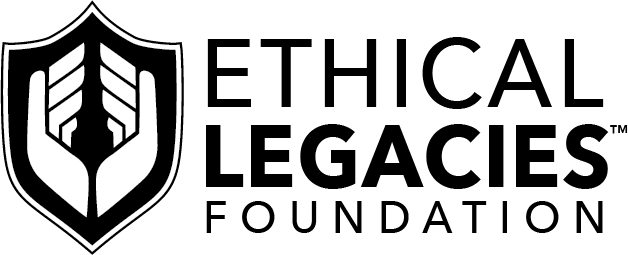One Man's Vision
Demanding that we prioritize all three components of the triple bottom line rather than just profit maximization, and insisting on transparency while we do - it requires courage and often, unwelcome change. Craig Gordon chose to be an agent of change.

The project revolves around six tenets: trust, transparency, ethics, morals, sustainable development and corporate social responsibility.
The multifaceted project includes online resources, a memoir, and a growing collection of efforts to spread this message and create a community of people who can connect on these issues. These issues have been Gordon’s passion since 1980, when he was an MBA student.
Over 3 decades ago, Gordon was at a crossroads, facing two very different paths in his life – maintain the status quo, or live in truth and change the way people see their world. His beliefs, feelings, and actions took him down the latter path which ultimately resulted in his legacy project.
As a rising businessman, Gordon had his life planned out for him. Gordon’s father wanted him to run the family’s 100+ year-old recycling business. He obtained his MBA with his family company’s support.
But as he was building his career, he developed an auto-immune illness. Doctors at the Mayo Clinic diagnosed him with Myalgic Encephalopathy (Fibromyalgia), among other ailments. Gordon endured these symptoms for nearly two decades before finally going on a medical leave of absence from the business in 2001.
While recovering, he took up an intense interest in how businesses can change their narrative and solve issues specific to family businesses.

Gordon began curating a unique library of all the materials he had read and kept a list of all of his resources. He designed his library around health, spirituality, psychology, and general and family business. “Once I saw these categories, I just became a sponge, sometimes ordering up to five books a day.”
Gordon came to the conclusion that understanding these concepts is what was healing him, and that he would be ready to return to his career, as long as his values weren’t compromised.
He wanted to share this information with others so they could learn from it and apply the philosophies and business practices in their own lives. This resulted in Craig building a team that shared his vision, and was capable of challenging and inspiring him.

They saw that Ethical Legacies could be that resource.
Ethical Legacies is now a living, breathing project that continues to evolve in the larger role that it playa in helping to carry out the objectives of Craig’s Legacy Project.
As the landscape for small and family businesses continues to shift, the needs of organizations occupying that space will change as well. Regardless of what these changes bring, the drive to make the world a better place by adhering to tenets of ethics and morality remains constant. This spirit, an insatiable desire for global progress, is the driving force behind the Craig R. Gordon Legacy Project and Ethical Legacies.
“I’ll never stop thinking about the greater good of all.”
- Craig R. Gordon


